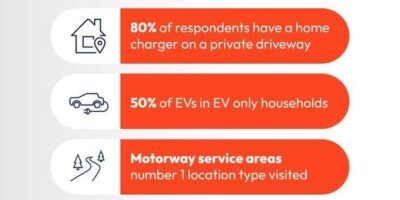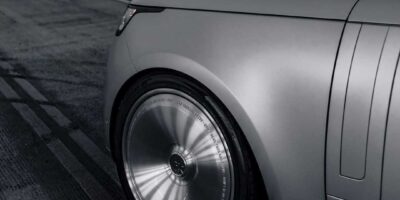A few basic checks will help ensure you’re not left stranded at the roadside on a long journey this Christmas, says breakdown and road safety provider GEM Motoring Assist.
It’s often the simple things such as checking there’s air in your tyres and fuel in your tank before you set off, according to GEM.
“Figures suggest nearly a million motorists break down every year purely because they ran out of fuel,” says GEM road safety adviser James Luckhurst.
“Other reasons our members call for breakdown assistance include flat tyres, dead batteries and other electrical malfunctions, most of which could be prevented through routine checks and regular servicing.
Everyone expects busy roads as the holiday period approaches, but no one wants to be stranded at the roadside. GEM is keen to ensure everyone gets where they want to go in safety, with as little extra stress as possible. That’s why a few minutes spent on a few basic vehicle checks really could pay dividends.
GEM’s 12 tips of Christmas:
1 Is the journey vital?
If conditions are expected to be bad, ask yourself whether you even need to travel. Could you delay leaving and wait for conditions to improve? Could you use the train instead?
2 Fit to drive?
A cold or flu can reduce reaction times. Some medication, such as over- the-counter remedies, can cause drowsiness which will make matters worse. Check medicine warnings and if in doubt ask a pharmacist for advice. Consider changing your plans if you’re concerned. After all, anxiety can affect confidence and lead to unsafe decision making.
3 Check your car
Has your car been serviced recently? It’s a good way to minimise the risk of breakdowns, as well as maximising the fuel economy. Check the tread, condition and pressure in all your tyres. Tread should be well above the legal limit. Not only will good tread give your tyres the best grip but it also disperses water and reduces the risk of aquaplaning.
4 Check the forecast
Look for weather warnings. As the UK’s official weather service, the Met Office is responsible for issuing weather warnings, which advise on impacts caused by severe weather. Met Office warnings are graded yellow, amber and red depending on how serious they are.
5 Travel essentials
Be prepared with an essential travel pack. Fully charge your phone and have important numbers with you in case you need to contact family, friends or your breakdown services. Ensure you have plenty of fuel or – if you drive an electric car – that it’s fully charged. Cold weather reduces the available range. Take warm clothes, pack a blanket and refreshments in case there is an unexpected delay.
6 See and be seen
Clean all the lights and windows before every journey to give the best visibility. This helps you to see others on the road – and allows them to see you.
7 Prepare for glare
During the winter months the sun can be much lower and this can make it more difficult to see. Consider having sunglasses with you (including a prescription pair) as they can help reduce the glare.
8 Allow extra time
Try to avoid rushing on a journey. Leave early and accept the likelihood of congestion and delays. This is much better for your nerves than allowing yourself to get worked up because of situations over which you have no control. But do let relatives or friends know the route you are taking and your expected arrival time.
9 Keep alert
Take more breaks, especially if you’re driving in poor weather. This requires greater concentration which makes everyone more tired. You’ll know when fatigue is affecting you – it doesn’t just take you by surprise. So resist the urge to press on, and take a proper break.
10 If you do break down…
Make safety your priority. Turn on your hazard lights and try to pull off the road. Ensure you and your vehicle are visible, then call for breakdown assistance.
11 Check the traffic
There are all sorts of apps offering to make your journey easier and less stressful. National Highways, Traffic Wales, Traffic Scotland and TrafficWatch NI are all national sources of information on road conditions, closures and likely delays.
12 Closed means closed
Sometimes police and local authorities have to close roads because of flooding or snow. Don’t be tempted to drive through a road closure as you’re only putting yourself, your passengers – and your rescuers – at unnecessary risk.
*Article Source http://www.motoringassist.com/








